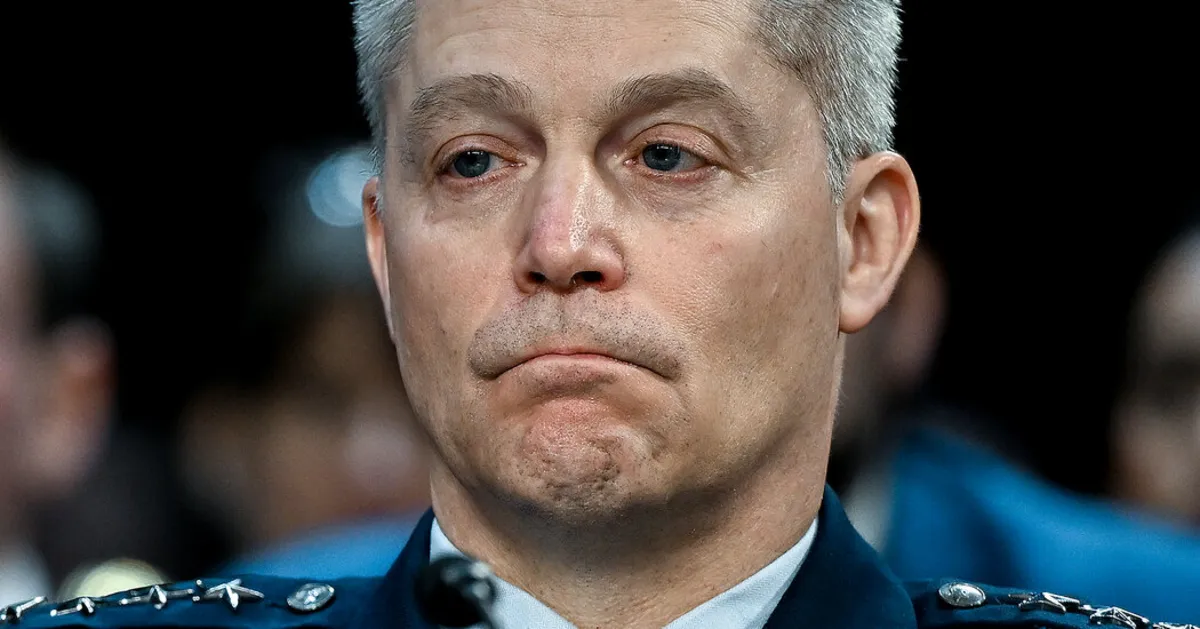
As the news broke that President Donald Trump had fired General Timothy D. Haugh, the head of the National Security Agency (NSA) and U.S. Cyber Command, speculation quickly arose among current and former administration officials regarding the motives behind this significant decision. Was General Haugh removed for opposing one of Trump's initiatives? Perhaps he was criticized for moving too slowly in addressing officer diversity issues, or was he simply a victim of the administration's shifting focus toward counter-narcotics? While these theories circulated, they bore little relevance to the actual reason for his dismissal.
According to U.S. officials and a social media post from Laura Loomer, a far-right conspiracy theorist and advisor to Trump, General Haugh's ousting stemmed from accusations of disloyalty. Loomer claimed that Haugh and his deputy were not aligned with the administration's objectives, prompting the president to take action. In fact, Haugh was one of several national security officials who were removed from their positions this past week on Loomer’s recommendation.
Senator Angus King, an independent from Maine who serves on both the intelligence and armed services committees, expressed skepticism regarding any forthcoming official statements about policy disagreements. “I predict you are going to see some nonsense statement about some policy difference or something General Haugh wasn’t doing,” King remarked, “but we all know what happened. Laura Loomer said it. She is the one who told Trump to fire him.”
Former Senate Majority Leader Mitch McConnell, a Republican from Kentucky, also voiced his concerns regarding the implications of Haugh’s dismissal. He lamented that the Trump administration was appointing individuals to key Pentagon roles who were skeptical of America’s international relationships and engagements. “If decades of experience in uniform isn’t enough to lead the NSA but amateur isolationists can hold senior policy jobs at the Pentagon, then what exactly are the criteria for working on this administration’s national security staff?” McConnell questioned, expressing his confusion over the administration's decision-making process.
The firing of General Timothy D. Haugh illustrates the complexities and controversies surrounding the Trump administration's approach to national security and personnel decisions. As the situation continues to evolve, it remains crucial for observers and stakeholders to stay informed and analyze the long-term implications of such actions on U.S. national security policies.